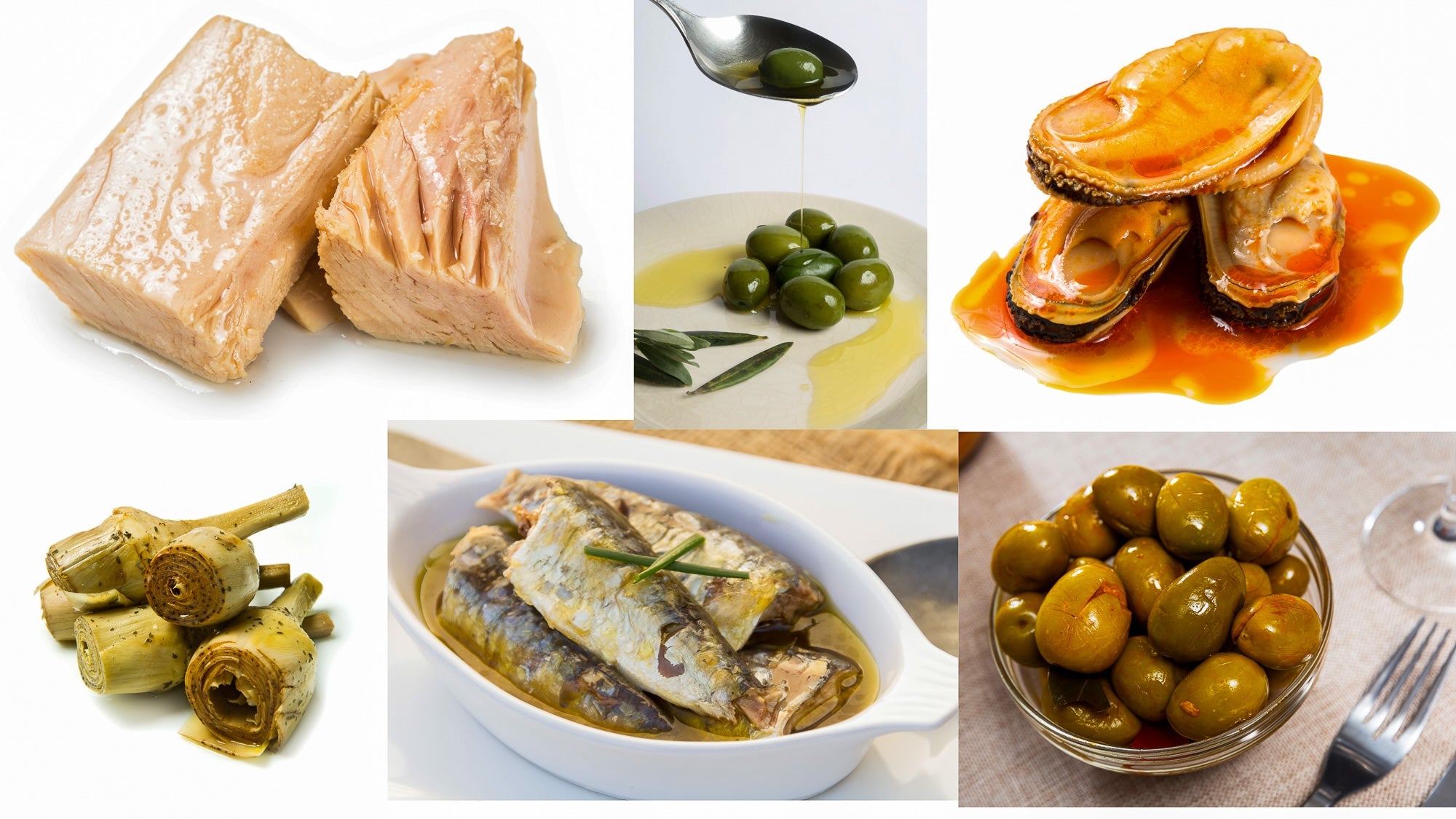
Does your head hurt after drinking wine?
, by Emilio David Devesa Gonzalez, 4 min reading time

, by Emilio David Devesa Gonzalez, 4 min reading time
Wine is one of the most beloved beverages around the world, with a rich tradition accompanying both casual dinners and important celebrations. However, for some people, enjoying a glass of wine can come with an unwanted effect: a headache. This phenomenon, while common, can be frustrating and confusing, especially when wine should be a source of pleasure, not pain. In this article, we will explore some of the possible causes of headaches after drinking wine and how you can try to avoid them.

One of the most widely held theories is that sulfites in wine are responsible for those annoying headaches. Sulfites are compounds used as preservatives to prevent oxidation and keep wine fresh. Although sulfites can cause adverse reactions in sensitive individuals, such as difficulty breathing or skin rashes, there is no conclusive evidence linking them directly to headaches.
In fact, it's important to note that many other foods contain sulfites in much higher amounts than wine. For example, dried nuts, such as raisins and dried apricots, can contain up to 10 times more sulfites than a glass of wine . While some people are particularly sensitive to sulfites, most wine-associated headaches are usually due to other factors.
At Vinnatura you can find a selection of wines without added sulfites or low in sulfites.
Histamine is another compound found in wine that could be responsible for headaches . Histamine is produced during wine fermentation, especially in red wines , and can trigger adverse reactions in sensitive individuals. In the human body, histamine is involved in allergic and inflammatory responses, and when ingested in large amounts, it can cause symptoms such as headaches, skin flushing, nasal congestion, and digestive problems.
People who have a deficiency in the enzyme that breaks down histamine (diaminoxidase) may be more susceptible to these effects, experiencing headaches even after consuming small amounts of wine. If you suspect that histamine might be the cause of your headaches, one way to test it is to limit your consumption of red wines or choose white wines , which tend to have lower levels of histamine.

Tyramine is another compound present in wine, especially those that have been aged. This amino acid is formed from the breakdown of tyrosine and can affect blood pressure by causing the release of norepinephrine, a neurotransmitter that regulates blood pressure. In people prone to migraines, tyramine can trigger headaches by causing rapid constriction and subsequent dilation of blood vessels.
Foods and drinks high in tyramine, such as aged cheeses, cured meats, and certain wines, can be problematic for those with a sensitivity to the substance. If you suspect that tyramine might be behind your headaches, trying to reduce your consumption of these foods and opting for younger or less aged wines could help.
One factor that is often overlooked when discussing wine-induced headaches is dehydration . Alcohol is a diuretic, meaning it promotes fluid loss through urine. When you drink wine without accompanying it with enough water, you can become dehydrated , which in turn can lead to a headache .
To avoid dehydration, it is advisable to drink water between glasses of wine . This simple habit will not only help you stay hydrated, but it can also moderate your alcohol consumption , which can be beneficial in avoiding other adverse effects.

Finally, we cannot forget that the amount of wine you consume is a crucial factor. Excessive alcohol consumption is a well-known cause of headaches , and this includes wine. In addition to the direct effects of alcohol on the body, excessive drinking can lead to an increase in the concentration of compounds such as histamine and tyramine, exacerbating the problems.
Drinking in moderation is key to enjoying wine without suffering the consequences. If you tend to experience headaches after drinking wine, consider reducing the amount you consume and pay attention to how you feel with different types of wine.
Headaches after drinking wine can be the result of a combination of factors , including sulfites, histamine, tyramine, dehydration, and excessive consumption. Understanding which of these factors is most likely affecting you can help you take steps to avoid these headaches in the future. Experiment with different types of wine, stay hydrated, and drink in moderation to fully enjoy this delicious beverage without the fear of a headache the next day.

Discover the difference between Northern Bonito and Tuna in olive oil. The first, soft and delicate; the second, intense and versatile. Galician ca...

The typical white wine of O Rosal combines Albariño, Loureiro and Caíño Blanco to offer freshness and Atlantic complexity. But this subzone of Rías...

Red wines in summer? Of course! If they're natural, fresh, and Galician, they're the perfect plan. Discover three red wines full of character, idea...
We want to make sure you enjoy our wines responsibly. Please confirm that you are at least 18 years old to enter Vinnatura. By entering our store, you agree to our Terms of Service .
You are not old enough to visit the store yet.